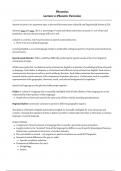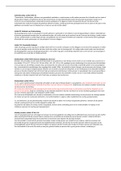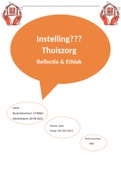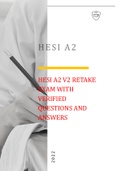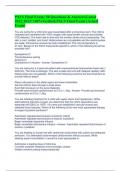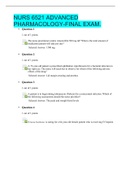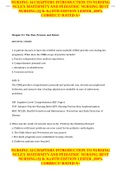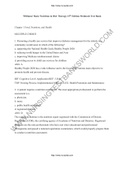College aantekeningen
Chapter 11 Lecture notes EDSH5730.OL1 Clinical Phonetics
- Instelling
- North Carolina Central University
These lecture notes cover Chapter 11: Phonetic Variation. These notes cover speech variation, phonetic variation, dialect, pronunciation, vernacular forms, Standard American English (General American English), regional dialects, origins of regional dialects, vowels, consonant changes, world English...
[Meer zien]
